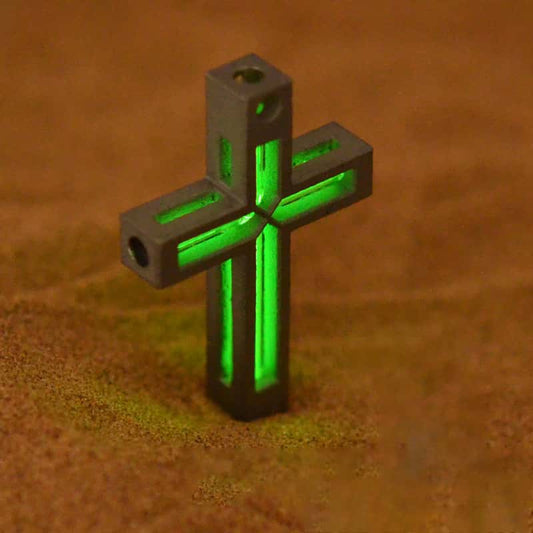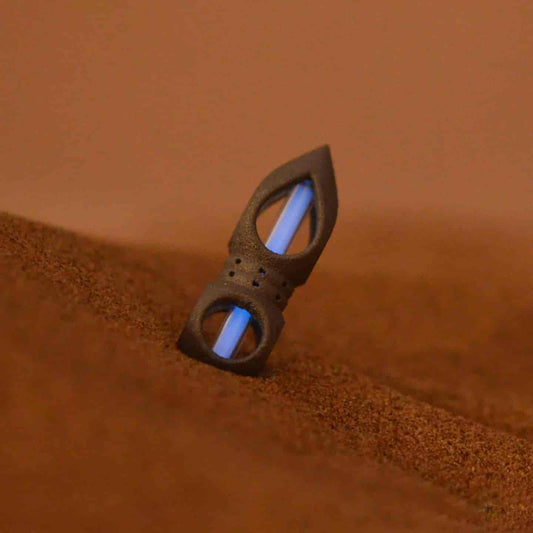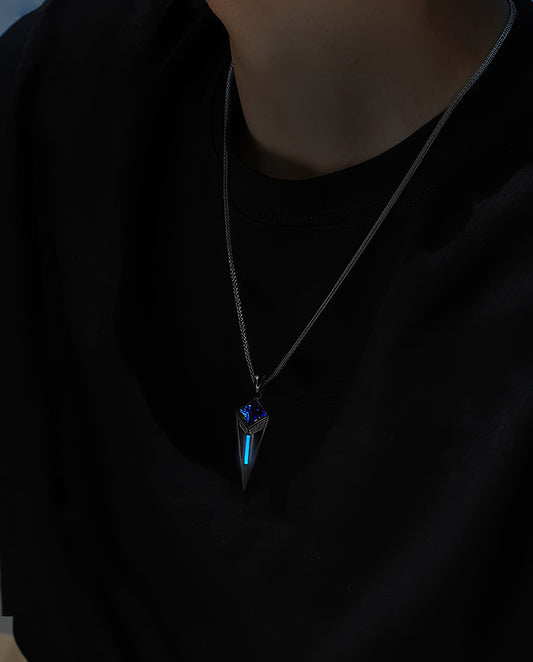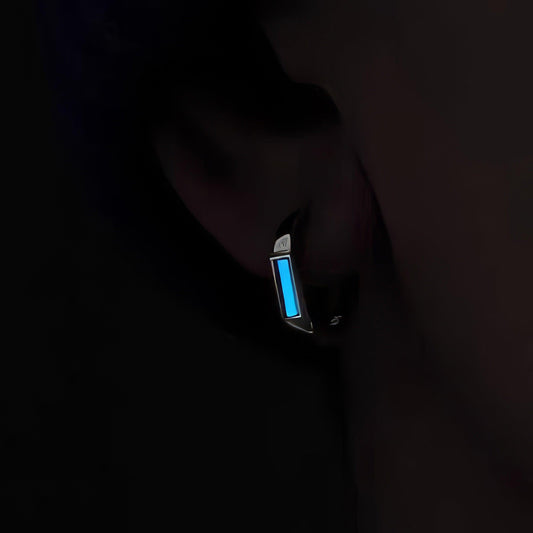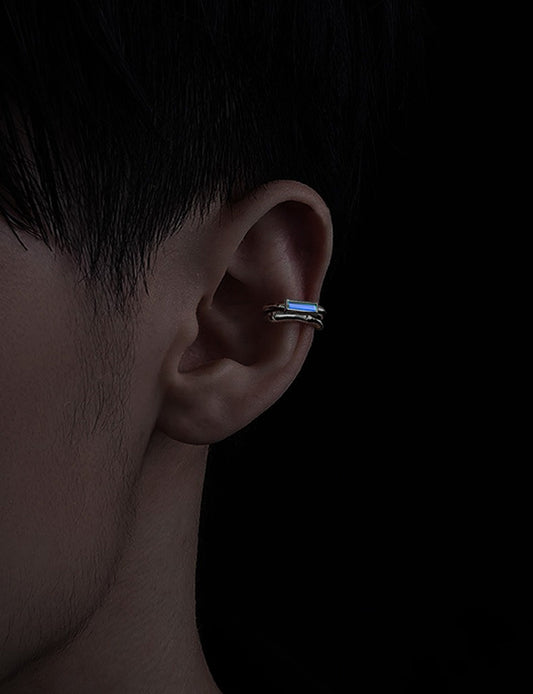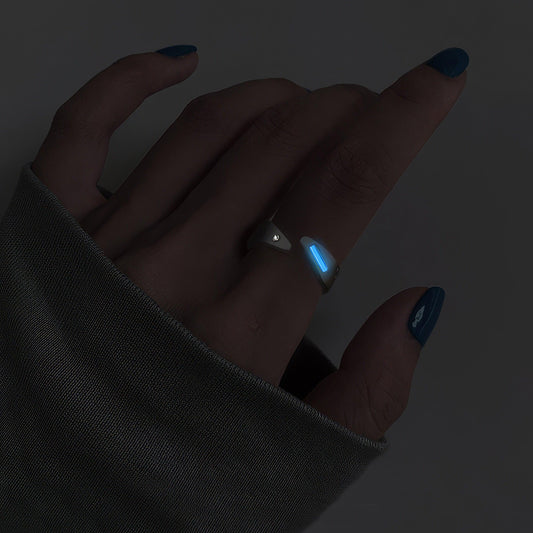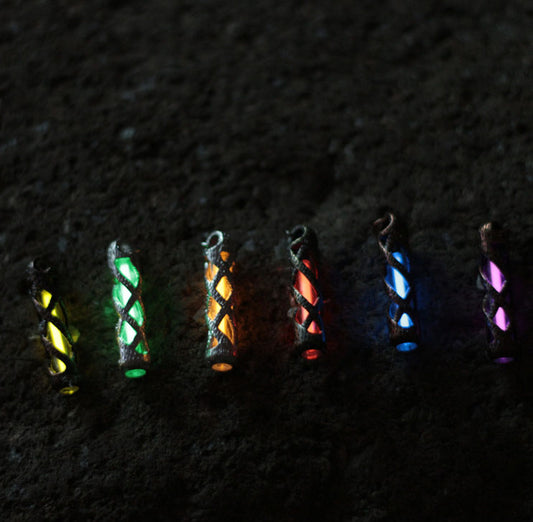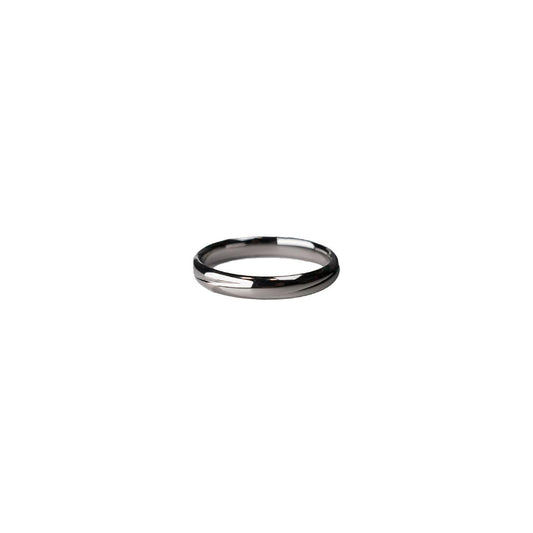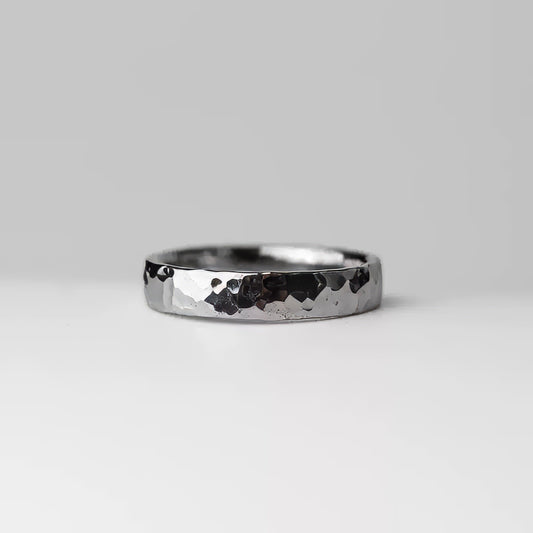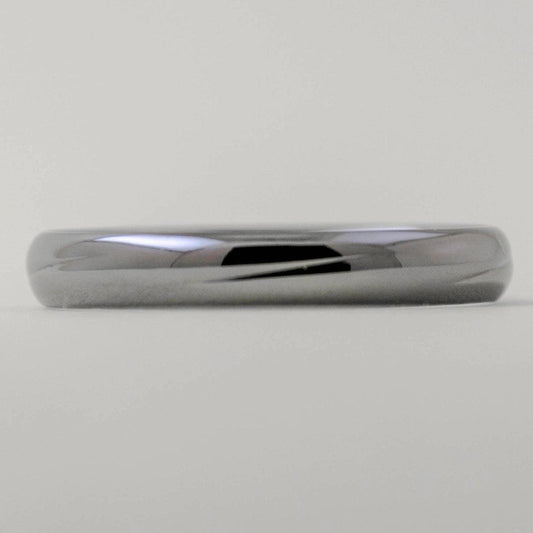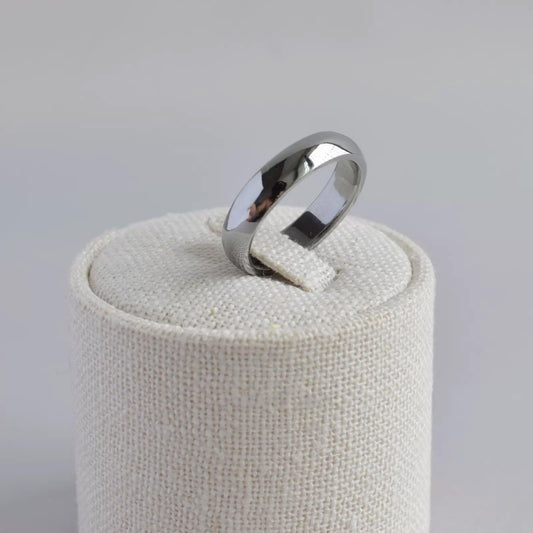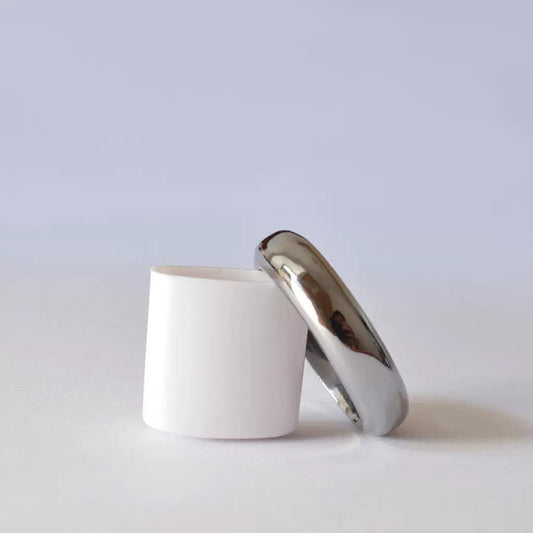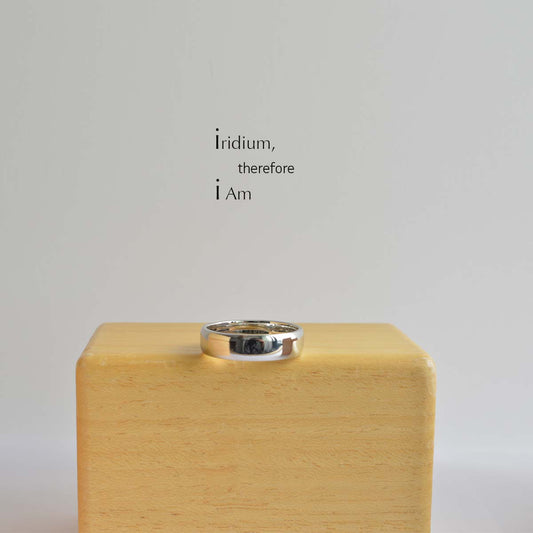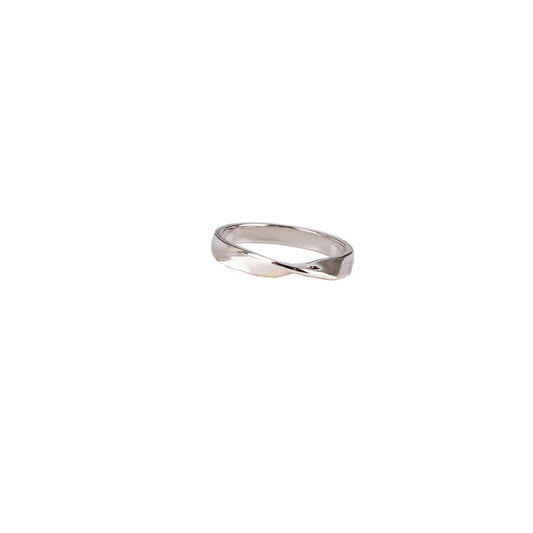Bisley Solitaire A Timeless Game for Modern Minds
Bisley Solitaire A Timeless Game for Modern Minds
Growing up, I remember the heavy thunk of metal drawers in my father's study, and the way the evening light caught the edge of a polished brass knob. Yet, hidden among all these childhood memories, one stands out like a camera flash in the darkroom of nostalgia: Bisley Solitaire. While many of my friends played with digital gadgets or jigsaw puzzles, my rainy afternoons were filled with the subtle strategy of this elegant game. It may not have the high-profile allure of chess or the frenetic pace of modern video games, but Bisley Solitaire offers a different sort of mental workout, a quiet engagement that suits our rushed contemporary life.
For those unfamiliar, this isn't your typical card game. Bisley Solitaire, often referred to simply as Solitaire or Peg Solitaire, is a board game involving pegs and a board. The aim is simple—jump pegs over each other to remove them until only one remains. The beauty lies in its simplicity; no need for elaborate rules or complex setups. It’s you, a board, and a handful of pegs—an exercise in patience and precision. Not to mention, it’s a fantastic way to exercise critical thinking and strategic planning, skills that never go out of style.
A fascinating aspect of Bisley Solitaire is its historical roots. Originating in the court of Louis XIV, this game reflects the sophisticated pastime of the French aristocracy. Imagine, if you will, powdered wigs and silk gowns, with finger dexterity and keen wit tested not over a card table, but at a humble board game. It’s a charming reflection of a time when leisure was not about speed, but about savoring the challenge. Modern players, though free from the constraints of corsets and cravats, can still appreciate its cerebral appeal.
I've often contemplated what makes Bisley Solitaire stand out in a sea of entertainment options. Perhaps it's the tactile satisfaction of moving the pegs—it’s reminiscent of writing with a fountain pen or playing a vinyl record. There's something innately pleasing about engaging with a game that's both tactical and tangible. You don't just see your progress, you feel it, with each peg rattling slightly in its hole, each jump offering a tiny endorphin rush.
Just last week, during a particularly challenging day, I found myself reaching for that old board. My work desk, cluttered with post-it notes and charging cables, seemed to buzz with relentless energy. And in the midst of it, the wooden pegs seemed to offer a moment of calm. As I played, I realized something: Bisley Solitaire is not merely a game. It's a meditation, a chance to step back from the chaos of our digital lives and engage in a bit of analog contemplation.
So whether you're a seasoned player or a curious novice, I invite you to try Bisley Solitaire. You might just find, as I did, that it's a gateway not only to entertainment but to moments of peaceful reflection. And in today’s world, a little tranquility is a treasure worth seeking out.
